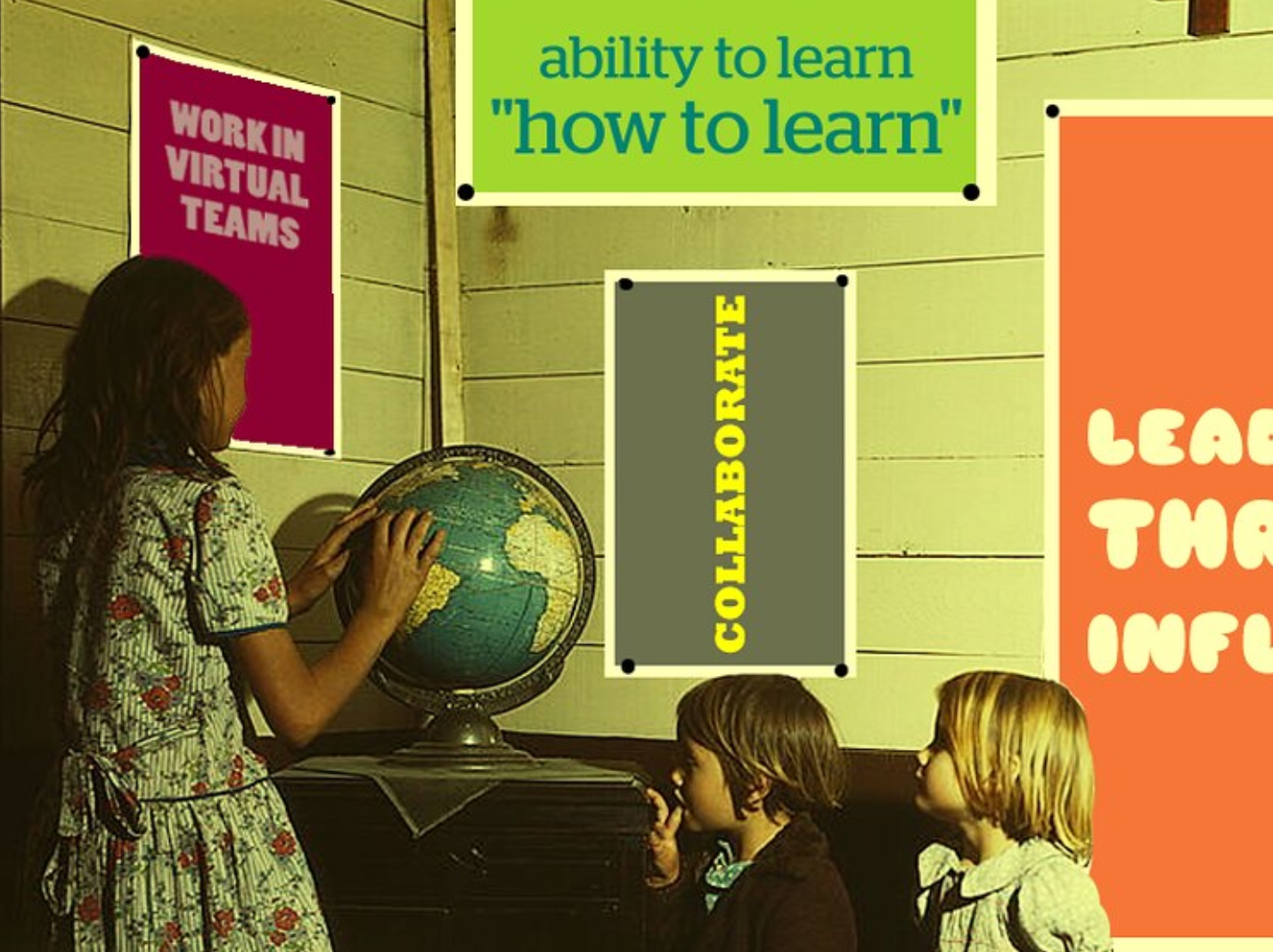
Back in April, in a piece titled “The Horse, My Contributor, Is Dead,” I warned that we at Minding the Campus risked treading water by hammering the same points about “diversity, equity, and inclusion” (DEI), wokeness, and campus anti-Semitism. Those truths are vital—but endlessly repeating them without fresh angles or deeper reporting amounts to beating a dead horse. If we aim to persuade, to clarify, and to expand our influence, we can’t just react to headlines. We need to drive them by uncovering overlooked stories and exposing the full consequences of higher education’s ideological capture. Put simply: it’s not enough to keep churning out op-eds that say “DEI bad, woke bad, anti-Semitism bad.” I mean, how many times can you run the same argument and expect people to keep reading?
That’s why, when I first received Rob Jenkins’s latest submission—another piece on DEI—my first reaction was skepticism. But as I read, I realized Jenkins wasn’t just rehashing the familiar. He was sounding an alarm that too many of us have been slow to hear: for all of our anti-DEI efforts, for all the Trump administration’s moves to dismantle DEI, and for all the Supreme Court’s interventions, the fact remains that a generation has already been shaped and broken by decades of illiberal education policies. These policies did not merely lower standards for some; they dumbed down curricula across the board, catering to the lowest common denominator in the name of “diversity.”
That point is crucial in today’s environment, where some reformers assume that because the Trump administration is “on it,” the job is done; that there is no purpose anymore for organizations like ours. But Jenkins’s piece, ultimately and rightly titled “The Damage from DEI Will Last a Generation. Eradicating It Is Still Essential,” makes clear just how wrong that assumption is.
Even well past this administration—which has hardly been perfect on education, with its flip-flops on China and the watered-down reforms embedded in the Big Beautiful Bill—reformers will still have decades of work ahead. Decades of work to recover the essentials of a real education: merit, rigor, a pro-Western liberal arts grounding, and the preparation needed to work, lead, and live as virtuous citizens.
Jenkins’s argument lands hardest in his warning that DEI’s lowest-common-denominator approach to education has already broken a generation. That damage, though, is compounded by other long-running erosions: the removal of logic from curricula, the substitution of social and emotional learning for intellectual training, and suspicion of America and the West found in many lesson plans. Together, these have produced students fluent in emotional reasoning, quick to distrust institutions, yet unarmed with the tools—logic, historical knowledge, civic confidence—that could make their skepticism constructive. Many of their frustrations with the government are real and justified. But the education they have received leaves them unable to address the very problems they protest. This is the hollowing-out of education, and it will not be repaired in a single administration, or even a single generation. It will require persistence, clarity, and the will to rebuild our institutions from the ground up.
Education reform remains urgent. Perhaps more urgent than ever. The “hard work” has not already been done.
Follow Jared Gould on X.
Image: “Education Reform: What I want my children to learn” by opensource.com on Flickr
